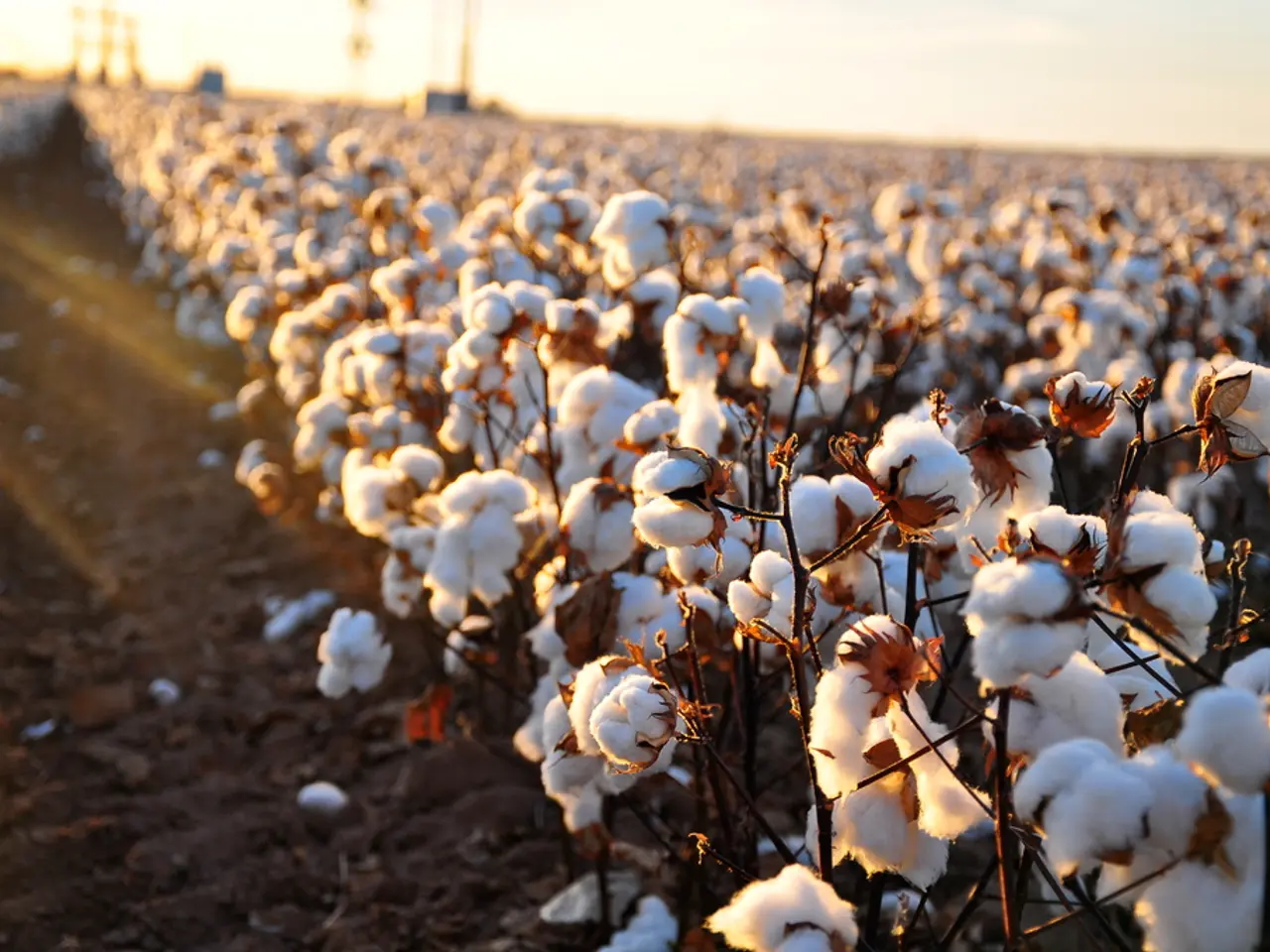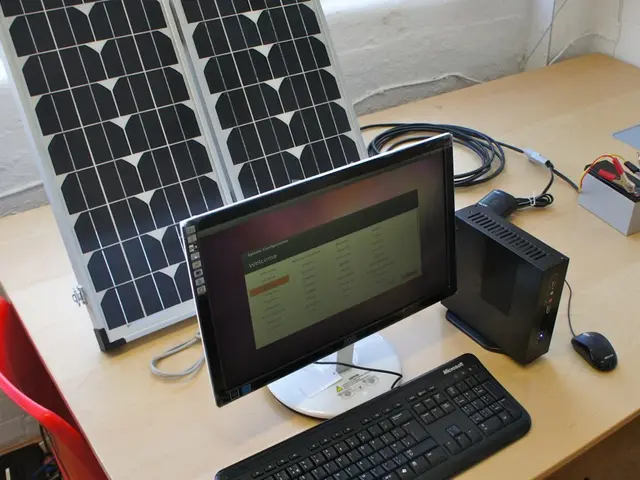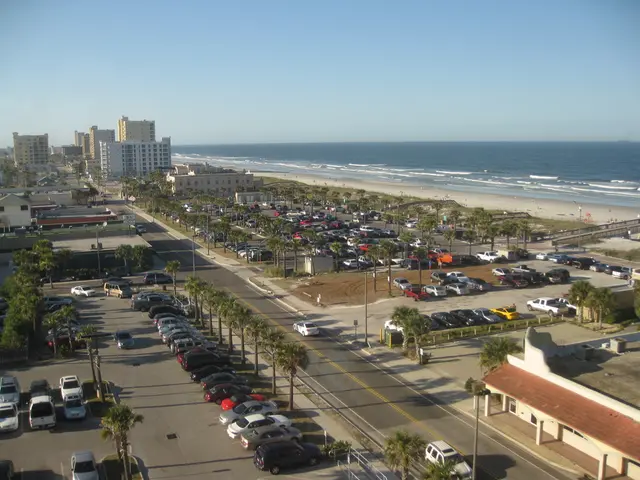H&M and Zara Facing Scrutiny Over 'Stolen' Cotton in Supply Chains
Swedish fashion giants H&M and Inditex, owner of Zara, face scrutiny over their cotton supply chains. A year-long investigation by nonprofit Earthsight has uncovered cotton grown on 'stolen' and 'deforested' land in Brazil's Cerrado region, ending up in their garments. The cotton was traced back to two Brazilian farming groups, SLC Agrícola and Grupo Horita, both with histories of environmental violations.
Earthsight's investigation found that cotton from deforested and disputed land in the Cerrado savanna, Brazil's primary cotton-growing region, made its way into H&M and Inditex's supply chains. The cotton was grown by SLC Agrícola and Grupo Horita, both of which have been fined repeatedly for environmental infractions. The Horita Group was found growing cotton on a plantation that was 'one of the largest areas of land grabbed in Brazilian history', incurring a $4.5 million fine for environmental violations. The cotton was traced to eight Asia-based clothing manufacturers supplying H&M and Inditex. Meanwhile, the Better Cotton Initiative has been certifying Brazilian cotton, despite concerns about conflicts of interest in its assessment process. The Cerrado has lost half of its native vegetation to agribusiness, with deforestation increasing by 43% from 2022 to 2023, generating as much carbon as 50 million cars annually.
Both H&M and Inditex have contacted Better Cotton, which has agreed to investigate the matter with local certification partners. SLC and Horita, the farming groups involved, have been repeatedly fined for environmental violations, including deforestation. The Cerrado region, already heavily impacted by agribusiness, continues to face increasing deforestation, raising concerns about the environmental impact of the global fashion industry's supply chains.
Read also:
- Chinese Rare-Earth Mining Endangers the Mekong River's Integrity
- Deteriorating munitions are submerged in the Baltic Sea, and Germany aims to retrieve them before it's too late.
- Energy Minister of Malawi, Ibrahim Matola, heads Malawian delegation for a knowledge exchange on BESS (Battery Energy Storage Systems), a trip held in India. This exchange is backed by the Global Energy African Partnership Program (GEAPP).
- Winter-Proof Your Home: How to Use Your Thermostat Effectively








